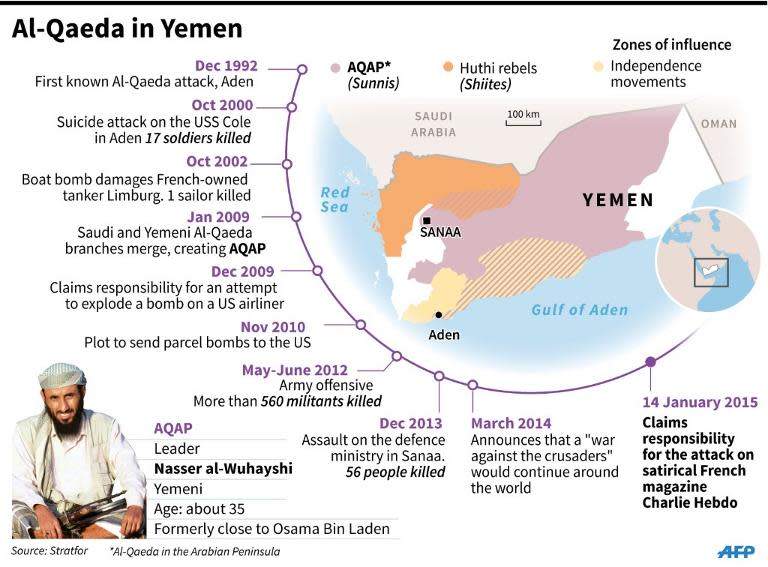US says world must fight 'new war on new enemy'
Ministers from over 60 nations gathered Thursday to draw up an action plan to fight violent extremism, as top US diplomat John Kerry urged the world to "wage a new war against a new enemy." On the third and final day of a White House summit called by President Barack Obama after a series of brutal jihadist attacks around the world, delegates were to hammer out ways to combat the threat posed by radical extremist groups. "We have to come together and ask what's our strategy?" Kerry said, as he opened the summit at the State Department in the wake of shocking beheadings and murders by the Islamic State group (IS) in Iraq and Syria. The first session would seek to answer why so many young people were flocking to join qroups such as Al-Qaeda and IS, he said, "because you cannot defeat what you don't understand." Even if it was easy to recognize how people can become marginalized and disaffected in their own communities, "it's a huge leap between personal disquiet and committing murder, mayhem," Kerry said. Observers say some 20,000 foreign fighters have left their homelands to join extremist groups in the past few years -- an estimated 4,000 alone from western Europe. The "emergence of a new generation of transnational terrorist groups... is a grave threat to international peace and security," warned UN chief Ban Ki-moon. "These extremists are pursuing a deliberate strategy of 'shock and awful' – beheadings, burnings, and snuff films designed to polarize and provoke," he told the gathering. As a first step of an action plan, Ban said he would convene in the coming months a meeting of global faith leaders "to send a powerful message of tolerance and solidarity." "Extremists have a strategy for hate. We need a comprehensive strategy for harmony, meaningful integration and peace," Ban said. - Quiet, behind-the-scenes work - The summit has been in the pipeline for months, but took on greater impetus after several attacks, including on a cultural center and on a synagogue in Copenhagen which left two people dead. Among those attending is Anne Hidalgo, the mayor of Paris, where attacks by Islamist gunmen last month on the Charlie Hebdo satirical weekly magazine and a kosher supermarket left 17 people dead. The day's talks would seek to elaborate ways to stop violent ideologies from taking root in vulnerable communities across the world -- from the growth of Boko Haram in Nigeria to the Islamic extremists in the Middle East and Asia. While US officials have said the aim was to draft an action plan, it was unclear if there would be any concrete results out of the three-day meeting. And Kerry acknowledged most of the work to try to stop the extremists would be done "without fanfare" quietly in classrooms, community halls and on street corners. "Military force alone won't achieve victory. In the long term, this war will be won only by deploying a broader, far more creative arsenal," Kerry warned Thursday in a op-ed in the Wall Street Journal. "Eliminating the terrorists of today with force will not guarantee protection from the terrorists of tomorrow. We have to transform the environments that give birth to these movements," he argued. Part of the work needed was "to identify the zones of greatest vulnerability, the places that could descend into the chaos that breeds terrorism — or that could turn the corner and be the hotbed of growth or innovation," Kerry added.




